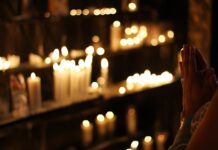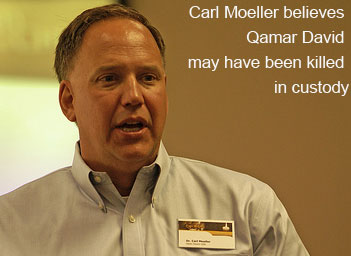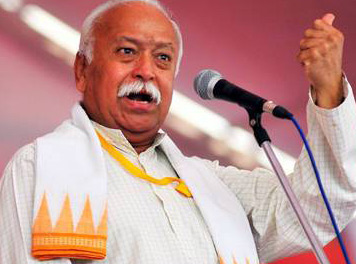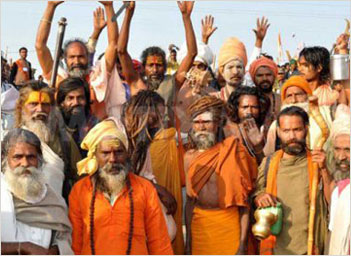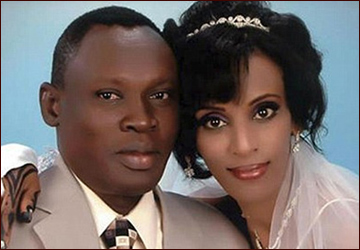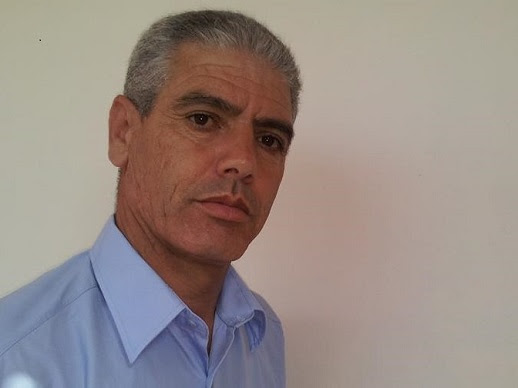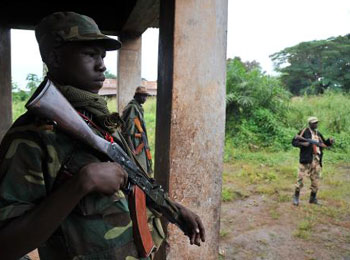 AROUND 60 people have been killed in sectarian clashes in Central African Republic between local militias and former rebels, witnesses and a local official said on Wednesday, as France increased pressure for international intervention.
AROUND 60 people have been killed in sectarian clashes in Central African Republic between local militias and former rebels, witnesses and a local official said on Wednesday, as France increased pressure for international intervention.
The mineral-rich but impoverished nation has descended into chaos since mostly Muslim Seleka rebels from the north seized the capital Bangui in March, ousting President Francois Bozize.
Transitional President Michel Djotodia has dissolved the rebel group but his government’s failure to stem the violence has prompted Paris to lobby at the U.N. Security Council for international intervention to restore order.
Local self-defense militias, known as “anti-balaka” or anti-machetes, attacked a Seleka position in the mining village of Gaga, around 250 km (150 miles) northwest of Bangui, on Monday, killing four ex-rebels before attacking Muslim civilians.
The Seleka fighters retaliated against Christians in the village, witnesses said.
Seleka gunmen, many of them from neighboring Chad and Sudan, have been accused repeatedly of desecrating churches and terrorizing Christian communities.
“We’re waiting for reinforcements in order to go there but the various accounts we’ve gathered from survivors coming from Gaga lead us to believe there are over 60 dead,” said Judicael Kama, a security official in Yaloke, a town 35 km (22 miles) from Gaga.
Many of the injured were taken to Yaloke’s hospital. “The Seleka fighters went door to door. It was total terror,” Raymond Kitivo, wounded in the attack, said by phone from the hospital.
FRANCE PRESSES FOR ACTION ON CAR
The violence erupted less than a week after at least 14 people were killed in fighting between Muslims and Christians in the isolated eastern town of Bangassou – further evidence that the clashes are becoming increasingly sectarian.
U.N. officials and rights groups say that both Seleka and their opponents may have committed war crimes.
France will submit a resolution to the U.N. Security Council on Thursday calling on U.N. Secretary-General Ban Ki-moon to provide a report on possible international support for a planned African Union peacekeeping mission known as MISCA.
French Foreign Minister Laurent Fabius, who warned last month that Central African Republic risked becoming a new Somalia, said Thursday’s vote would be a prelude to a more robust resolution planned before December.
“France is determined to not forget Central African Republic,” said Fabius, who will visit Bangui on Sunday. “The second resolution before December will enable the addition of more troops to MISCA, with the support of France.”
According to the draft, obtained by Reuters, Ban’s report should include “the possible option of a transformation of MISCA into a United Nations peacekeeping operation, subject to appropriate conditions on the ground”.
France, which intervened earlier this year to oust Islamist rebels from another of its former African colonies, Mali, has been reluctant to get directly involved in the crisis. It has urged African nations to do their utmost to resolve it.
But while the African Union plans to deploy the 3,600-strong MISCA mission, incorporating a regional force of 1,100 soldiers already there, it is unlikely to be operational before 2014.
In a sign of increasing division within the former rebels, Djotodia on Wednesday sacked communications minister Christophe Gazam-Betty, a Seleka spokesman.
No reason was given. Gazam-Betty, a Christian, is the third Seleka minister to be sacked since Djotodia seized power.





